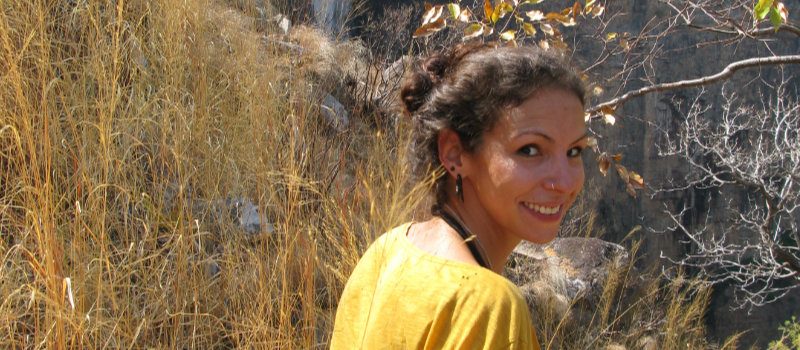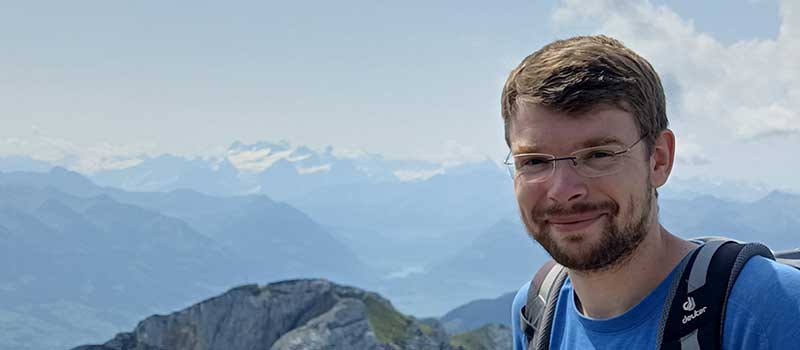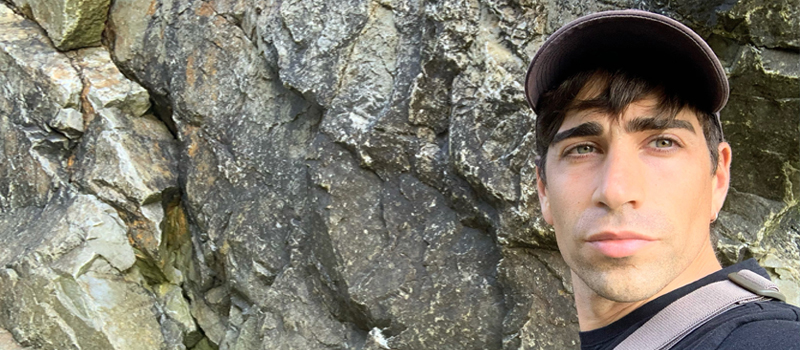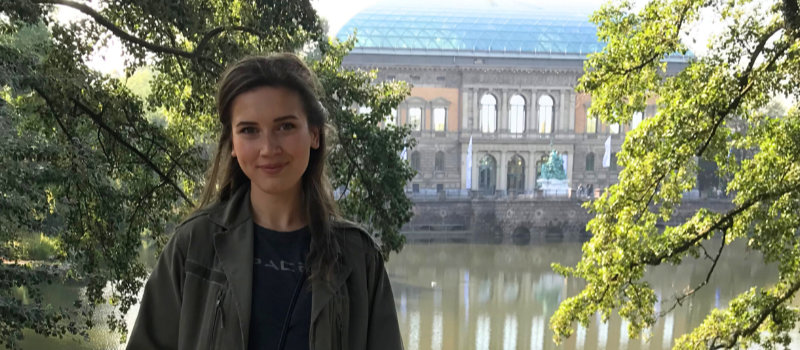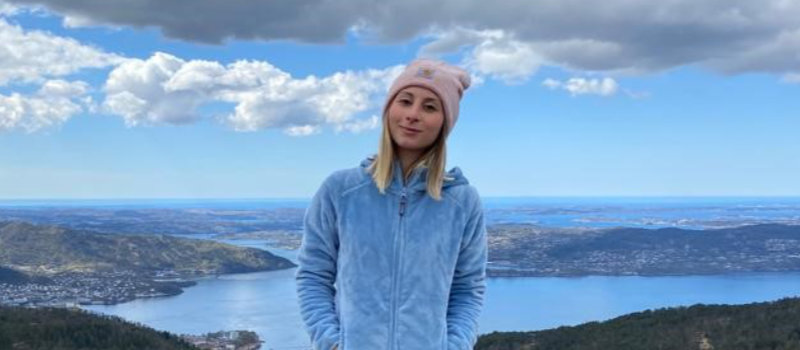Michael Matschiner
After a brief excursion into microbiology, Michael found his interest in evolutionary biology during his diploma (equivalent to MSc) studies. He familiarized himself with phylogenetics and population genetics during his PhD thesis work on the adaptive radiation of Antarctic icefishes, and gained expertise in Bayesian inference and genomics during his first postdoctoral research at the Universities of Canterbury and Oslo. He highly appreciates how his international network of collaborators manages to keeps him well-supplied with massive and exciting genomic datasets, allowing him to train his bioinformatics skills and make interesting discoveries along the way.
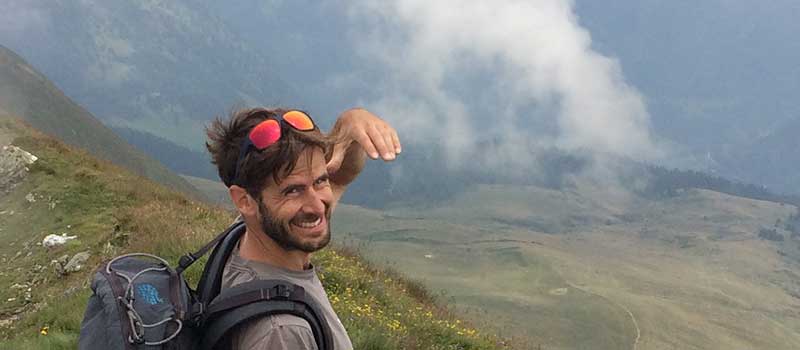
Employment
University of Oslo, Norway | Since 2021
Associate Professor in Vertebrate Zoology and curator of the fish collection at the Natural History Museum
University of Zurich, Switzerland | 2018-2021
Postdoctoral fellow at the Palaeontological Institute and Museum
University of Basel, Switzerland | 2017-2018
Postdoctoral fellow at the Zoological Institute, Department of Environmental Sciences
University of Oslo, Norway | 2013-2017
Researcher at the Centre for Ecological and Evolutionary Synthesis, Department of Biosciences
University of Canterbury, New Zealand | 2012-2013
Swiss National Science Foundation postdoctoral fellow
Education
University of Basel, Switzerland | 2008-2011
PhD thesis in the group of Walter Salzburger, Zoological Institute, Department of Environmental Sciences
University of Konstanz, Germany | 2002-2008
Diploma studies of Biological Sciences
